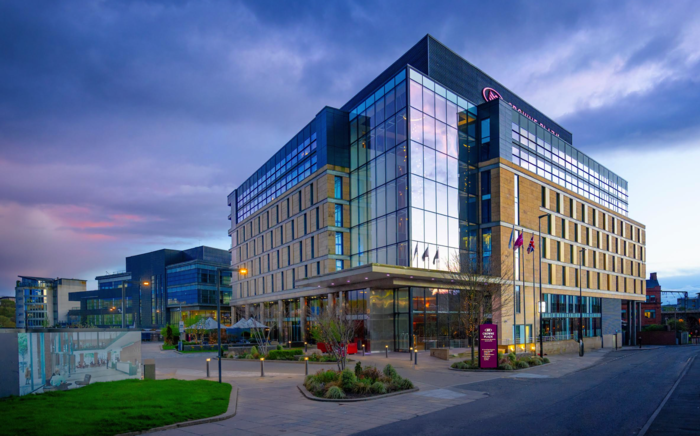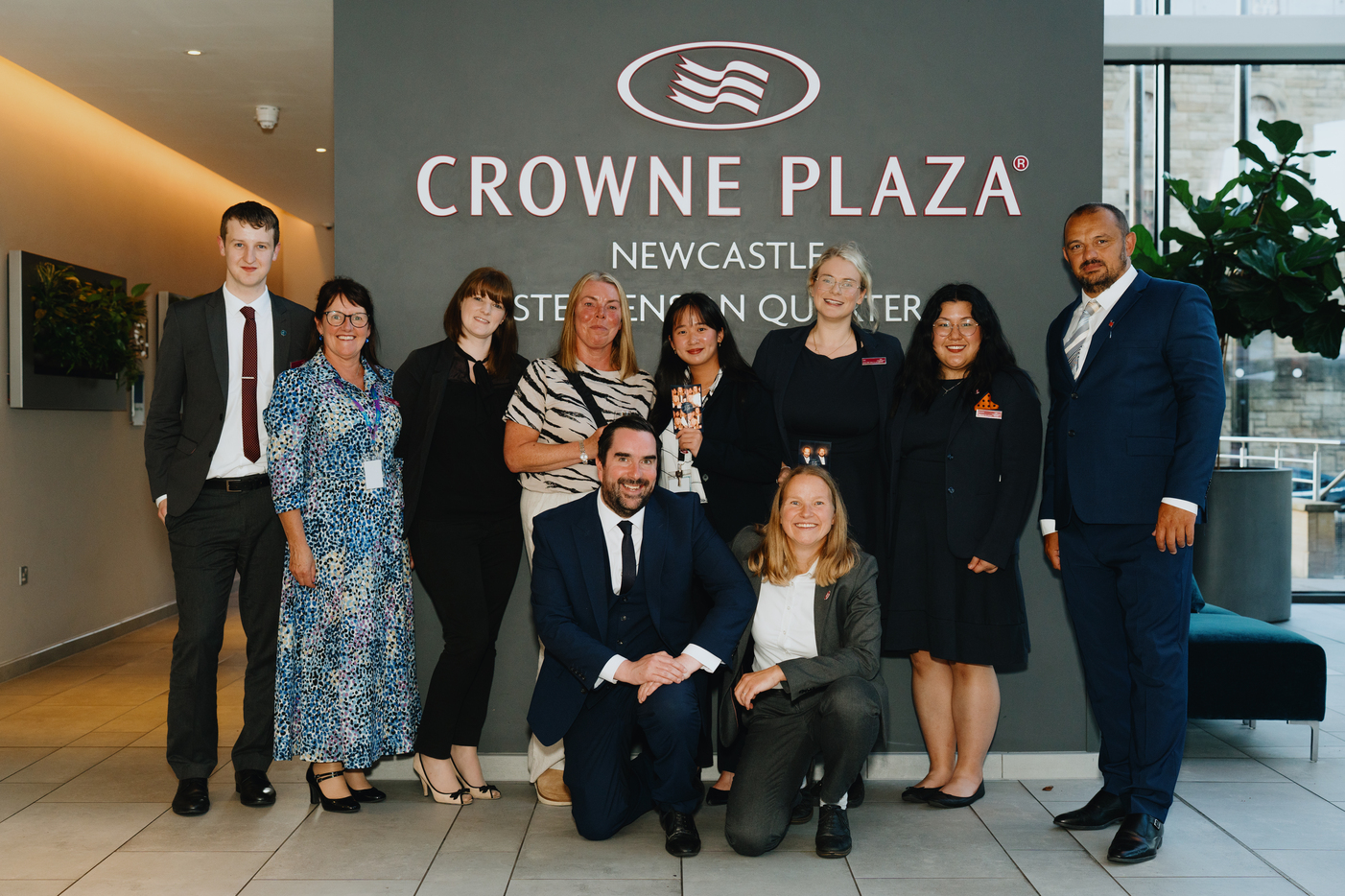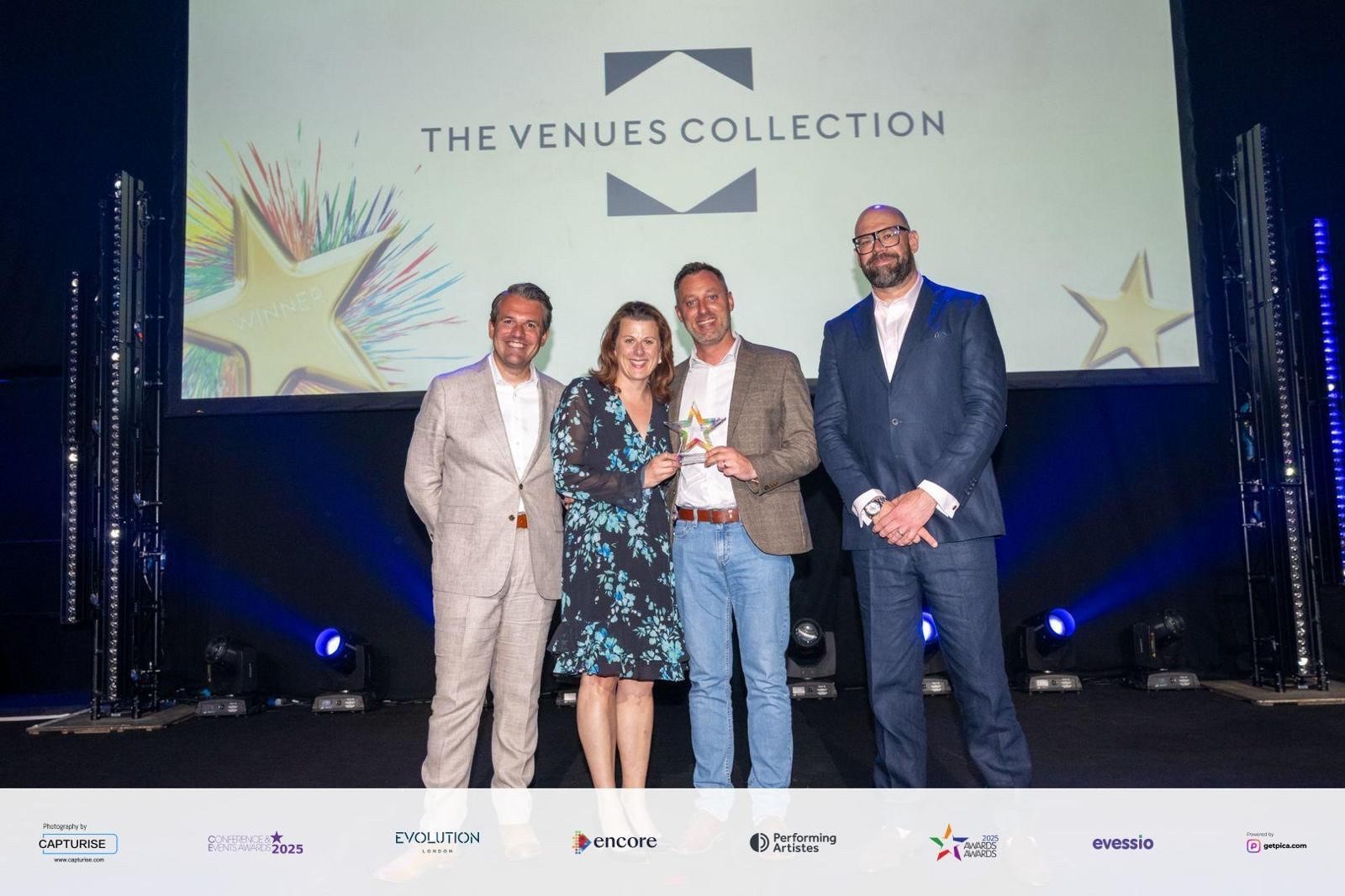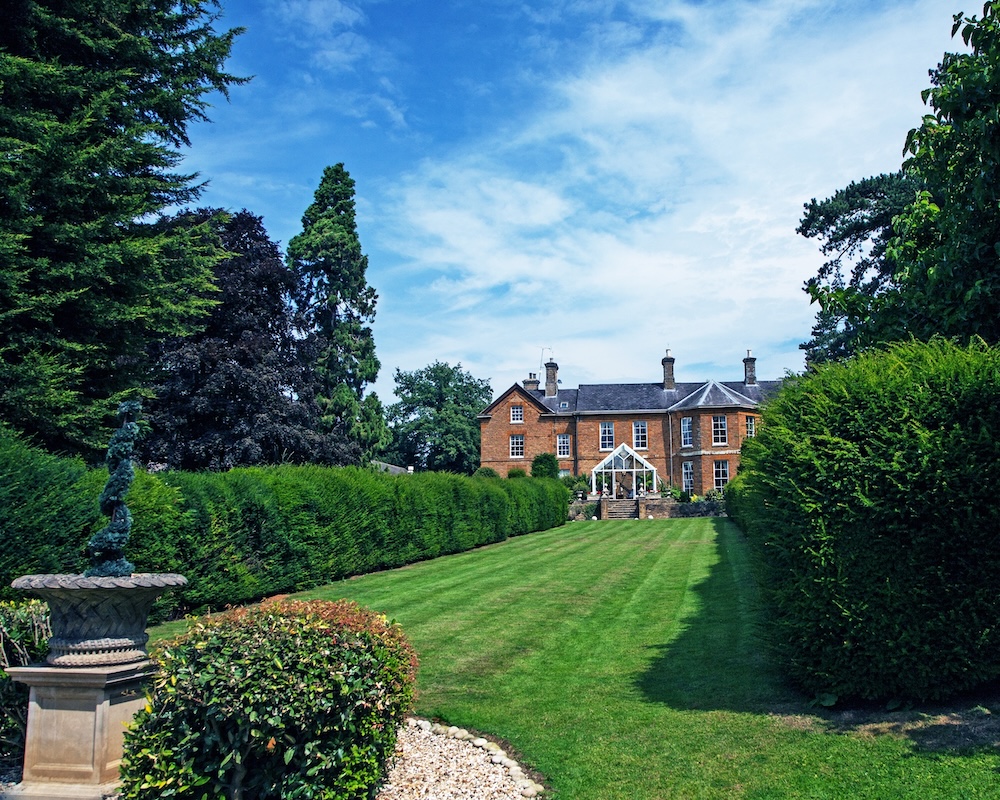- Home
- Conferences
- Meeting
- Weddings
- Parties
- Venue Location
London
England
- Special Offers
- List Your Venue
Tony Rogers: Accessibility not disability
Oct 25, 2007 | Blog
One of the important developments in society over the past few decades has been a change in the way that people with disabilities are viewed and treated. The focus has moved away from emphasising disability (and hence people’s limitations) to the positive promotion of accessibility. It means promoting inclusion and not exclusion, and working to overcome the principal barriers faced by disabled people: inaccessible environments, lack of appropriate information, and lack of awareness or negative attitudes.
This has led to the implementation of the Disability Discrimination Act (DDA) giving disabled people rights of access to buildings, transport, work, services, decision-making and all the cultural, commercial and social activities of a modern and civilised society. The DDA provides the legislative framework to a growing movement which seeks to ensure that disabled people can play the fullest possible part in society, including participation in meetings and conferences.
For conference venues, an accessible approach means that facilities should be designed in a way that takes full account of the needs of people with disabilities. These include wheelchair users, those with hearing and visual impairments, but also many others such as people with cerebral palsy or facial disfigurements and those with learning difficulties. All will be delegates at some time, all with differing losses, but also with differing gifts, and all at different stages of coming to terms with their particular disabilities.
The charity Tourism for All UK (www.tourismforall.org.uk) provides consultancy to venues on the needs of disabled people. Its advice to conference venues and destinations includes the following:
– Extend the same positive approach to disabled clients as you would to others. In other words, do not treat disabled clients differently.
– Have a copy of destination information available in large print, Braille or on audio tape. Or, if you use a promotional video, ensure it has commentary and text description. It should also describe facilities that have been designed to be accessible.
– If you book accommodation for wheelchair users, ensure that it has been inspected under the National Accessible Scheme, and that it has an access category and facilities appropriate to your clients’ needs.
– Where an induction loop/inductive coupler system has been fitted for hard-of-hearing delegates, the appropriate symbols should be prominently on display. For example, at the reception desk, in the conference room and beside the public telephones.
– Try to put yourself in a disabled person’s position. How ‘user friendly’ would your venue appear if you were seated at a height of 400-500mm, or if you had your eyes closed?
Other useful resources include a 64-page guide Organising Accessible Events published by the UK Disability Rights Commission, which is available for download at www.drc-gb.org/pdf/SP13.pdf, and advice about Creating Accessible Destinations is available from www.tourismforall.org.uk
Catering professionally and in a caring way for the needs of disabled delegates is not only good from an ethical standpoint. It also makes sound business sense. There is a huge potential market for venues that can provide the correct combination of well-designed facilities and well-trained staff. Training in disability awareness is a sensible investment for destination managers and venue operators.
Tony Rogers is chief executive of the British Association of Conference Destinations
Latest News
 Lime Venue Portfolio Launches the Big Event Food Survey 2025
Lime Venue Portfolio Launches the Big Event Food Survey 2025 Crowne Plaza Newcastle to Offer Planners Full Venue Buy-Outs
Crowne Plaza Newcastle to Offer Planners Full Venue Buy-Outs Crowne Plaza Newcastle Celebrates 10 Years of Events Impact
Crowne Plaza Newcastle Celebrates 10 Years of Events Impact The Venues Collection Wins Gold for Sustainability at the Conference & Event Awards 2025
The Venues Collection Wins Gold for Sustainability at the Conference & Event Awards 2025 The Venues Collection to unveil Sweet Incentive for Event Bookers at The Meetings Show 2025
The Venues Collection to unveil Sweet Incentive for Event Bookers at The Meetings Show 2025

